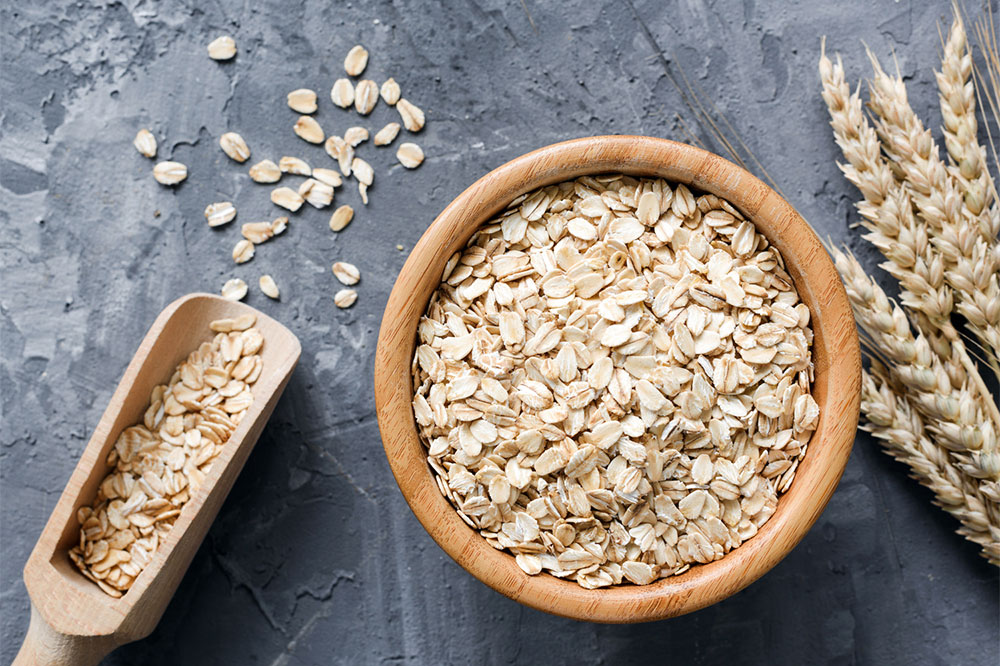3 ways to manage blood sugar levels and control diabetes

High blood sugar, also known as hyperglycemia, is a primary concern for people with diabetes. Diabetes is a chronic health condition affecting about 13% of the adults in the country. Maintaining healthy levels of blood sugar is vital, as raised blood sugar levels for long periods can lead to various complications, including heart, kidney, eye, and nerve diseases. Here are the most effective ways to lower blood sugar for diabetes management:
Treatment
These prescription treatments can help manage diabetes:
- GlucoTrust
It’s an FDA-approved, 100% natural supplement for type 1 and type 2 diabetes treatment. - INVOKANA®
INVOKANA® helps control blood sugar and lower the risk of kidney disease in people with type 2 diabetes. - Kerendia®
This is a once-daily tablet for type 2 diabetics. It helps decrease the rate of kidney damage and the risk of cardiovascular, heart attack, and more.
Another effective method to control blood sugar levels is insulin therapy. All people with type 1 diabetes and some of those with type 2 diabetes need to take insulin, which is typically administered through a shot or insulin pump. For better diabetes management, it’s advisable to use tools like the Dexcom G6 Continuous Glucose Monitoring System. It’s a modern, feature-rich device that helps manage diabetes without fingersticks or calibration.
Things to avoid
It’s crucial to avoid doing anything that can counter an individual’s effort to manage diabetes. This primarily includes steering clear of foods that can raise blood sugar levels and increase the risk of diabetes complications, such as French fries, margarine, white rice, flavored yogurt, and sweetened breakfast cereal. It’s also important to limit or avoid intake of refined carbs, such as cakes, candies, sodas, and fruit juices. One must also limit or avoid processed foods or meats as they’re full of salt and oil.
In addition, one should not exercise on an empty or full stomach and try not to miss any oral prescription treatment. Apart from these factors, it is also crucial to avoid stress. An increase in stress levels produces cortisol, a primary stress hormone, which leads to an increase in blood sugar levels. Moreover, stress may make it difficult to follow the blood sugar management routine due to the extra pressure that one’s body and mind endure.
Foods to eat and lifestyle changes
When it comes to managing diabetes, the choice of foods matters a lot. It’s vital to keep an eye on carb intake and choose foods with a low glycemic index, such as oats, unsweetened Greek yogurt, lentils, and legumes. one must load up on fiber-rich foods, like brown rice, quinoa, carrots, and broccoli, and try to make every meal well balanced with a mix of starches, fruits and vegetables, proteins, and fats.
Moreover, making certain lifestyle changes is a crucial part of diabetes management. One of the most important lifestyle habits to develop is to do regular exercise. Physical activity requires the body to burn sugar (glucose) for energy, lowering sugar levels in the blood. In addition, it helps the body use insulin more efficiently. Working out also helps the body to better regulate blood sugar. It’s also essential to introduce meditation or something similar in the routine to reduce stress, which triggers the release of hormones called glucagon and cortisol, raising blood sugar levels. Exercise and meditation can work together to improve sleep quality, which promotes healthy blood sugar.
Here are two common types of diabetes:
Type 1 diabetes is a chronic condition in which pancreas produce little to no insulin, a hormone that helps the cells use glucose (sugar) for energy. People with Type 1 diabetes must take insulin shots regularly.
Type 2 diabetes is the most common. It impacts the way the body regulates and uses sugar as a fuel. Unlike type 1, type 2 diabetes develops over the years and can be managed without insulin shots.